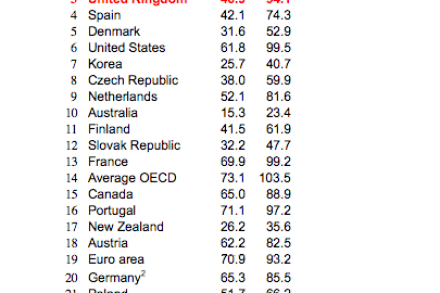The world’s favourite airline
Unlike Ben Brogan and Iain Martin, I don’t have a vested interest: British Airways weren’t going to be flying me anywhere this Christmas. Having spent days roasting on the aprons of the world, I’ve ceased to entertain the notion that BA is capable of flying me anywhere. I suspect the million or so who face the prospect of the grimmest ever escape to the sun will develop a similar antipathy. Cooked up by Len McCluskey, who cut his teeth with that doyen militancy, Derek Hatton, this strike has tragedy written all over it. As Billy Hayes and the posties proved, the unions rarely realise their unshakeable terms and conditions these











